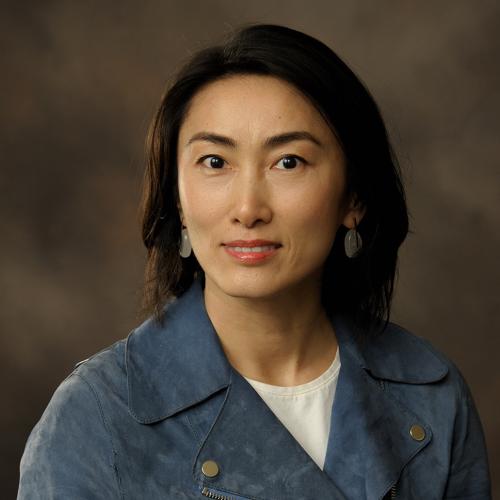Assistant Professor Yun Huang has been awarded a three-year, $399,996 Early Career Development grant from the Institute of Museum and Library Services (IMLS grant RE-252329-OLS-22), under the Laura Bush 21st Century Librarian Program, which supports innovative research by untenured, tenure-track faculty.
Her project, "Empowering Libraries with Conversational AI," will explore the potential for using conversational artificial intelligence (AI) in libraries to strengthen engagement between libraries and diverse audiences. Conversational agents (CA) are AI-enabled software technologies designed to interact with users via natural language or text in lieu of direct contact with human beings. According to Huang, CA-enabled services could potentially benefit both libraries and their communities by providing convenient 24/7 service to community members and addressing low-level questions when librarians are not available, collecting and analyzing community input in different languages to help librarians understand emerging needs, and releasing librarians from tedious and time-consuming tasks.
Huang will partner with the Champaign Public Library, Cortland Free Library, Urbana Free Library, Parkland College Learning Commons, and New American Welcome Center to determine how CA software technologies can be used to increase the availability of library services, enhance the workforce development of library staff, and help libraries better serve the diverse needs of local communities.
"This research advances human-AI interaction for social good from two novel perspectives," said Huang. "First, unlike existing research that focuses on providing answers (predefined by librarians) for community members, we will explore when and how librarians can best use AI for their own growth. Second, using AI-based technologies seems promising, however it may be impossible for public libraries that are under-staffed and for librarians that do not have the necessary technical background. This project will investigate ways to democratize conversational AI for librarians."
Huang's research areas include social computing, human-computer interaction, and mobile computing. She received her PhD in information and computer science from the University of California, Irvine.
